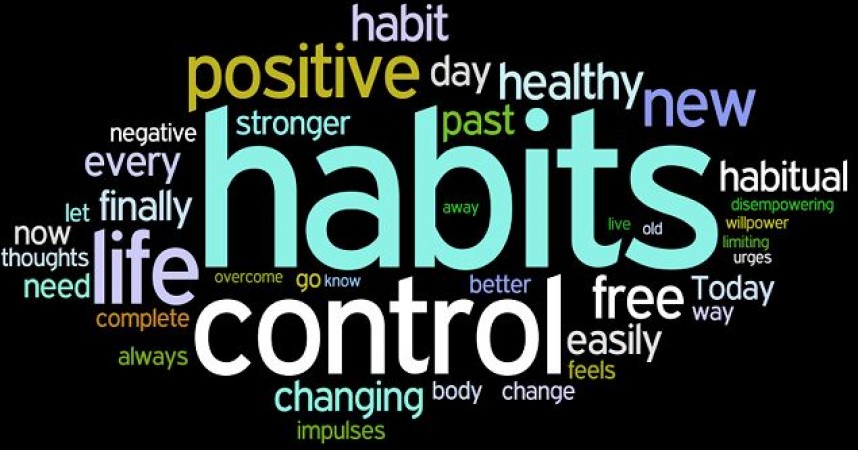
We all strive to develop new habits that can positively impact our lives, whether it's hitting the gym regularly, eating healthier, or being more organized. You might have heard the popular belief that it takes around 21 days to form a new habit. However, recent research suggests that this number may not be entirely accurate. In this article, we'll delve into the science behind habit formation and answer the question: "How long does it take, on average, to form a new habit?"
1. The 21-Day Myth: Busted!
Let's address the commonly misunderstood "21-day rule." The idea of 21 days to form a new habit originated from a self-help book published in the 1960s. It was based on the observations of plastic surgeon Dr. Maxwell Maltz, who noticed that his patients took around 21 days to adjust to their new appearance. However, this timespan was not related to habit formation, and there is no substantial scientific evidence to support it.
2. The Power of Habit Formation
Habit formation is a complex process that involves neurological, psychological, and behavioral aspects. According to a study conducted at the University College London, it takes an average of 66 days to form a new habit, not 21 days. However, this timeline can vary significantly depending on individual factors, the complexity of the habit, and the person's commitment to making the change.
3. The Habit Formation Journey
3.1 The Cue
Every habit starts with a cue or a trigger that initiates the habit loop. It can be an emotional state, a specific time of day, or an external stimulus. Identifying the cue is crucial for understanding and altering habits effectively.
3.2 The Routine
The routine is the action or behavior triggered by the cue. For instance, if the cue is stress, the routine might be reaching for a pack of cigarettes or indulging in unhealthy snacks. To form a new habit, it's essential to replace old routines with healthier alternatives.
3.3 The Reward
The reward is the positive reinforcement we receive after completing the routine. It satisfies the brain and reinforces the habit loop. To create lasting habits, it's vital to associate positive rewards with the new behavior.
4. Factors Influencing Habit Formation
4.1 Complexity of the Habit
Simple habits like drinking a glass of water in the morning might take less time to form compared to more complex habits like running for 30 minutes daily.
4.2 Individual Differences
People have different personalities, motivations, and levels of willpower. Some individuals might adapt to new habits faster than others.
4.3 Consistency and Environment
Consistency is key to habit formation. Performing the new behavior regularly in a supportive environment can significantly impact the time it takes to form a habit.
5. Tips for Successful Habit Formation
5.1 Start Small
Begin with achievable and straightforward habits to build momentum and confidence.
5.2 Set Clear Goals
Define specific and measurable goals to track your progress and stay motivated.
5.3 Be Patient and Persistent
Remember that forming a new habit takes time, and it's normal to experience setbacks. Stay persistent and don't get discouraged.
5.4 Accountability and Support
Seek support from friends, family, or join a community that shares similar goals to stay accountable.
Forming a new habit is an empowering journey that requires dedication, patience, and self-awareness. While the 21-day myth has been debunked, the science shows that it takes approximately 66 days, on average, to form a new habit. By understanding the habit loop and employing the right strategies, anyone can embark on a transformative path towards a healthier and more productive lifestyle.
Cultivating a Better World: The Impact of Organic Farming on the Environment
Mango lovers should be careful, excessive mango can cause this harm
Sweet Delight of Vanilla Ice Cream: A Scoop of Health Benefits